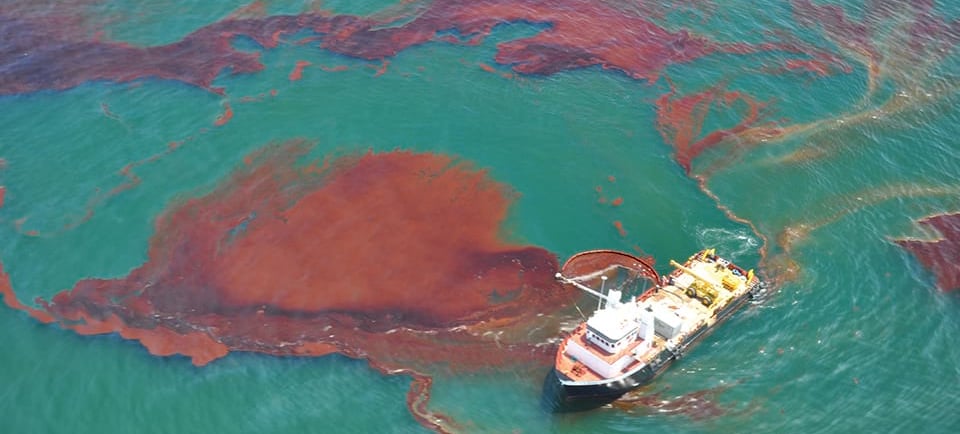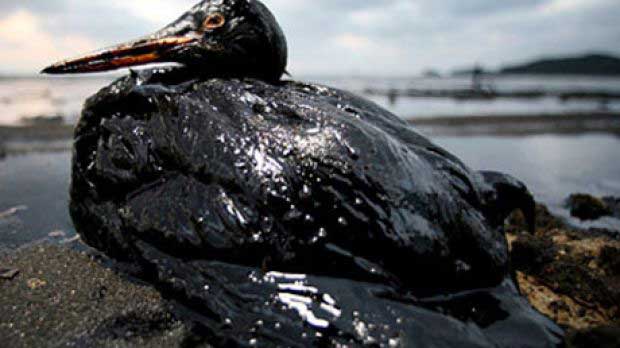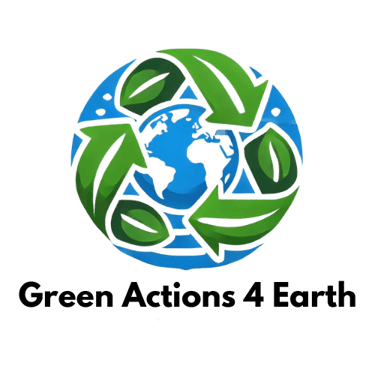Oil Spills and Their Environmental Impact
ENVIRONMENTAL ISSUES
Danny Xu
2/28/20253 min read


What are Oil Spills?
Oil spills, as the name suggests is the mistake of allowing oil to spill into the surrounding environment, usually the ocean or a big body of water. There are many ways these mistakes can happen including, oil tanker ships sinking, mistakes when transferring oil, natural disasters destroying oil rigs and other related structures, and since oil is transported through pipelines underground, these pipes can also leak leading to oil spills. However, some oil spills can also result from illegal actions like terrorisms. Once there is a oil spill, a lot of the oil will start spreading out and creating a larger area of pollution from where the spill originally occurred.
What is the Environmental Impact of Oil Spills?
Oil spills have many negative affects on the wellbeing of the wildlife that comes into contact with oil. Consuming oil, like for humans, creates major health issues for animals. Some marine life may accidently consume some of the spill can get that into their bodies and predators that prey on animals that have consumed oil will also get that oil into their bodies. Oil also decreases some of the natural abelites certain animals are gifted with like insulation and bird's water-repelling feathers. When oil gets on a birds, it weights them down making it harder for them to fly around as well or can even lead to them drowning. Certain oils can also affect lungs, cause burning in the eyes and issues for the entire nervous system. Oil can also easily contaminate nests and homes for animals near the shore when it spreads to those areas forcing them to move away.


How Society Deals With Oil Spills
Sometimes, nature is able to help with oil spills. Factors like evaporation, waves breaking down the oil into smaller parts, and microbes can break the oil down. For humans, items like can be used to keep oil in a certain place and help get it out of the ocean without it spreading. Boats known as skimmers are also used to scoop up oil since most oil remains floating above the water. Sorbents are also used to help absorb oil. There are many other ways humans deal with oil spills, but, it is difficult to remove all oil spills in an area which is why it is important to prevent as many of these occurrences as possible so that the Earth's ocean does not become more polluted then it already is.
Sources:
NOAA. 2014. “How Do Spills Happen? | Response.restoration.noaa.gov.” Noaa.gov. 2014. https://response.restoration.noaa.gov/training-and-education/education-students-and-teachers/how-do-spills-happen.html.
National Oceanic and Atmospheric Administration. 2020. “Oil Spills.” Www.noaa.gov. National Oceanic and Atmospheric Administration. August 1, 2020. https://www.noaa.gov/education/resource-collections/ocean-coasts/oil-spills.
Wong, Chloe. 2022. “How Do Oil Spills Affect the Environment.” Earth.org. March 14, 2022. https://earth.org/how-do-oil-spills-affect-the-environment/.
Edmond, Charlotte. 2021. “How Do Oil Spills Affect the Environment?” World Economic Forum. October 12, 2021. https://www.weforum.org/stories/2021/10/oil-spill-environment-ocean/.
U.S. Energy Information Administration. 2022. “Oil and the Environment - U.S. Energy Information Administration (EIA).” Eia.gov. U.S. Energy Information Administration. August 1, 2022. https://www.eia.gov/energyexplained/oil-and-petroleum-products/oil-and-the-environment.php.
